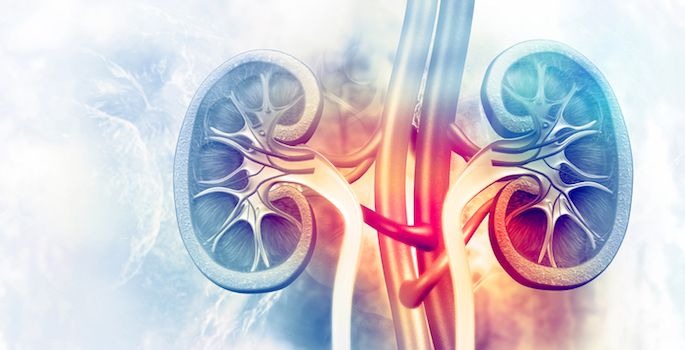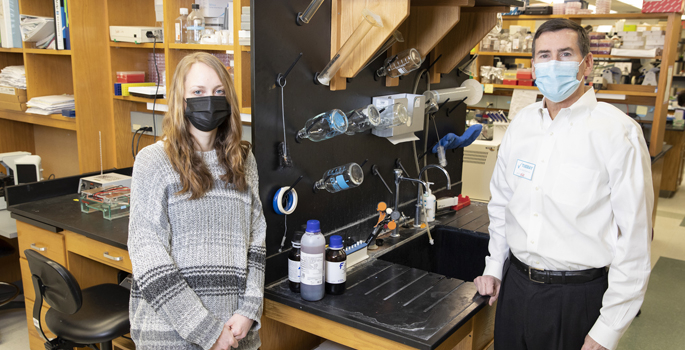Autoimmune Disease
-

Study identifies key player in T cell “education”
New Vanderbilt research could inform therapeutic strategies for enhancing thymic function when desired — such as during aging, recovery from radiation therapy or chemotherapy, or other conditions that reduce T cell output. Read MoreSep 1, 2022
-

Impaired neutrophils in autoimmunity
Vanderbilt researchers help answer the question of why patients with autoimmune diseases like lupus are more susceptible to bacterial infections: their neutrophils have impaired antibacterial activity. Read MoreJan 27, 2022
-

‘Pre-conditioning’ restores immune tolerance
A treatment targeting T-cell metabolism could reinvigorate immune tolerance mechanisms to combat autoimmune disease and transplant rejection, Vanderbilt researchers discovered. Read MoreSep 16, 2021
-

Team studies new use for pulmonary hypertension drug
An FDA-approved medication enhances the function of T regulatory cells (Treg), a class of immune cells that restrains the immune response, Vanderbilt investigators have discovered. Read MoreMar 25, 2021
-

“Nur” target may aid arthritis treatment
Vanderbilt immunologists have discovered that the protein Nur77 is part of a control mechanism that guards against autoimmunity in natural killer T cells. Read MoreJul 13, 2020
-

Probing innate immunity
Manuel Ascano team validates an inhibitor of the cGAS-STING signaling pathway, which is important for cellular innate immunity against bacteria, viruses, and our own damaged DNA. Read MoreMay 19, 2020
-

A switch for autoimmunity
Vanderbilt investigators have discovered a class of compounds that inhibit a mediator of inflammation and autoimmune disorders, and that could pave the way for development of future therapies. Read MoreOct 12, 2017
-

Probing the genetics of autoimmunity
Vanderbilt researchers have found that non-coding regions of the genome appear to contribute to the risk of autoimmune diseases and may represent attractive therapeutic targets. Read MoreJul 21, 2017
-

Scientists create unique disease ‘catalog’ linked to immune system gene variations
A study led by researchers at Vanderbilt University Medical Center (VUMC) and the University of Arizona College of Pharmacy has generated the first comprehensive catalog of diseases in a single population associated with variations in HLA genes that regulate the body's immune system. Read MoreMay 10, 2017
-

Tolerating a transplant
A new genetic model has generated new strategies for promoting tolerance to transplants – and improving long-term transplant outcomes – in the background of autoimmune disease. Read MoreOct 1, 2015
-

Regulating immune regulators
Understanding how to control the generation of regulatory T cells could have important implications for treating autoimmunity and cancer. Read MoreJul 17, 2014
-

Immunosuppressive drugs unlikely to raise fetal risk: study
Women with chronic autoimmune diseases who take immunosuppressive medications during their first trimester of pregnancy are not putting their babies at significantly increased risk of adverse outcomes, according to a Vanderbilt study released online by the journal Arthritis and Rheumatism. Read MoreNov 14, 2013